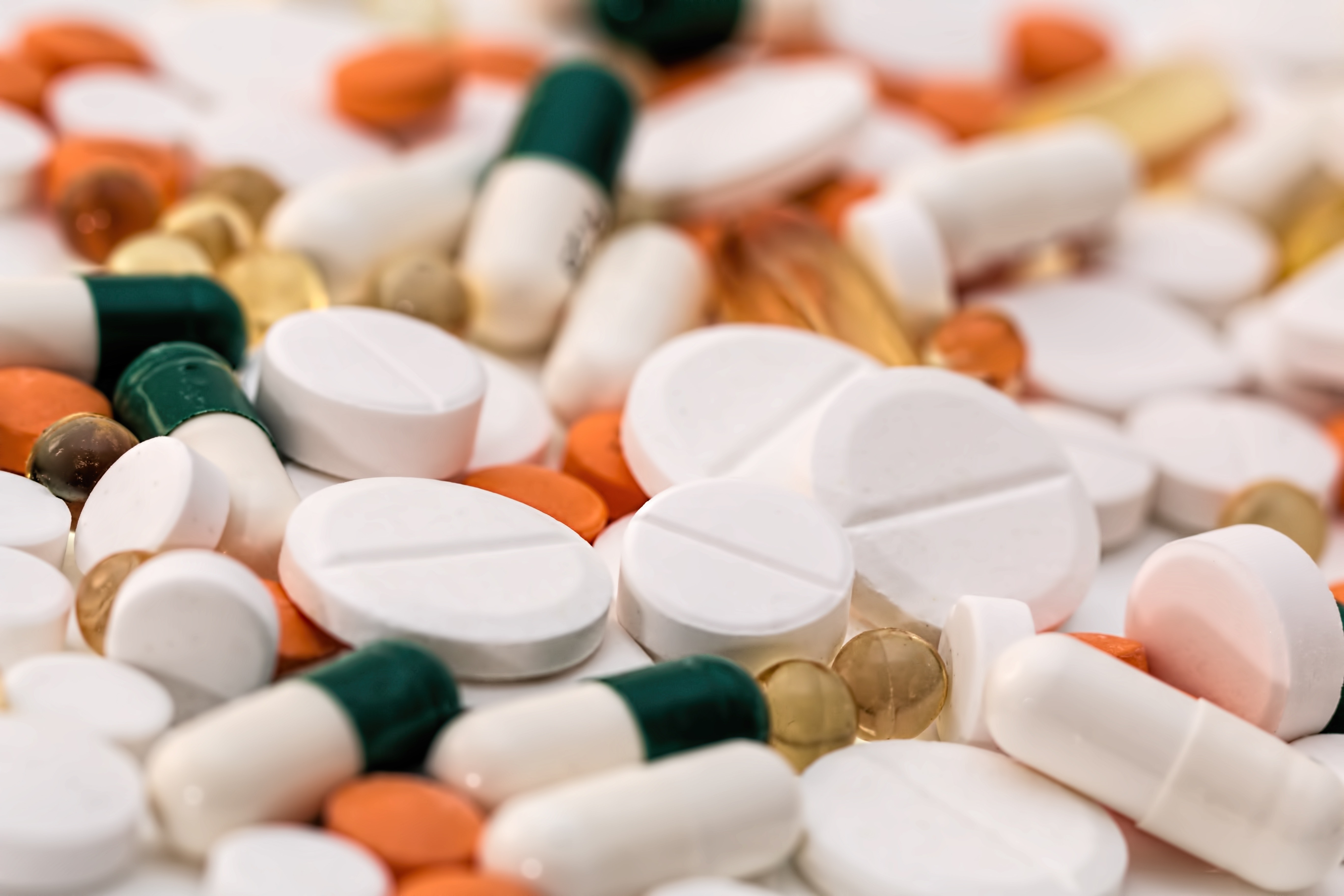The immune system plays a very crucial role in battling the global pandemic. As the pandemic continues, more research on the role of our immune system and how COVID-19 affects it is documented. Current treatment protocols under clinical study includes immune based therapy amongst the many.
Demographic analysis shows that majority of mortalities from COVID-19 come from older age groups with co-morbidities. These co-morbidities such as Hypertension, Diabetes, Heart Disease, Asthma etc. are variables that greatly affect one’s survival rate. Chronic diseases put one’s body in a chronic inflammatory state that impairs the immune system’s functionality. For example, hyperinsulinemia such as in Diabetes causes decreased functions of cells responsible in immunity such as polymorphonuclear cells and macrophages compared to non-diabetic patients.
In a subset of severe COVID19 presentations, syndromes of hyperinflammatory and systemic immune activation are seen. This is often described as a cytokine storm or hyperinflammatory syndromes. Cytokines are small proteins that are involved in cell signaling and are produced by a variety of cells including key immune cells like lymphocytes, macrophages, and mast cells. On a regulated level, these cytokines control the balance between humoral and cell-based immune responses to fight off a certain disease or infection. But like in any other disease, anything too much is harmful.
In excess, cytokine storms occur, and this is responsible for an overflow of pro-inflammatory cytokines that attach to the cell receptors all over the body leading to multisystem organ failure. In respiratory infections, this results in lung inflammation, acute respiratory distress syndrome and secondary bacterial infections—all of which have been observed in severe COVID-19 patients. Coincidentally, this cytokine storm phenomenon is seen as a likely major cause of mortality during the Spanish Flu.
A study by Zhang et. al show that patients with severe COVID-19 presentations have lymphocytopenia—one of the most prominent markers of COVID19 and a diagnostic criterion in China. Other immune cells such as T cells and Natural Killer cells were reduced. Increased inflammatory markers such as Erythematous sedimentation rate (ESR), CRP, Interleukin-6, TNF-Alpha, Interleukin-8 etc. were seen in patients with Acute Respiratory Distress Syndrome (ARDS), hypercoagulable states, and disseminated intravascular coagulation. These are the patients that are prone to clotting that lead to gangrene of extremities, myocardial infarction, and pulmonary embolisms. With all this information, immune based therapy has been one of the frontlines of clinical study for treatment of COVID-19.
NIH has released treatment guidelines that have recommendations regarding anti-inflammatory and immune based therapy. Listed below are the definitions, role in COVID-19 and treatment protocols of the following medications.
Interleukin Inhibitors
- Endogenous interleukins (IL-1) are pro-inflammatory cytokines that induce production of IL-6 in immune cells such as macrophages and monocytes that are seen to be increased in cytokine storm in severe COVID-19 patients.
- Current medications are as follows: IL-1 inhibitor (anakinra), IL-6 inhibitor (Tocilizumab)
- There is insufficient evidence to recommend nor hinder the use of these inhibitors except in the setting of a clinical trial.
Interferons
- Interferons are also key regulators in signal transduction that involves immune cells. Mixed studies on administration of interferons were seen in clinical trials. In the journal written by Perlman et. al, early administration in the COVID19 infection phase resulted to marginal benefit in reducing viral load as opposed to delayed administration which had no improvement compared to placebo.
- NIH recommends against the usage of interferons as treatment except in clinical trials only.
Janus Kinase Inhibitors (Baricitinib)
- JAK family of enzymes are key regulators of signal transduction in cells most especially in immune cells. Once inhibited, these cells block cytokine release which may have a role in cytokine storms.
- Current recommendations only allow the use of Janus Kinase Inhibitors for clinical trials.
Glucocorticoids
- An essential drug and used widely in diseases ranging from infections to autoimmune disorders.
- Recently proven to decrease mortality in patients needing oxygen support and/or ventilation.
COVID-19 convalescent plasma
- There is insufficient data to recommend or decide against the usage of COVID-19 convalescent plasma as treatment. This plasma is collected from the blood of a previously infected and recovered COVID-19 patient and transferred to a patient with active disease.
- Non-COVID-19 specific intravenous immune globulin is not recommended as treatment for COVID-19 except when used in a clinical trial.

